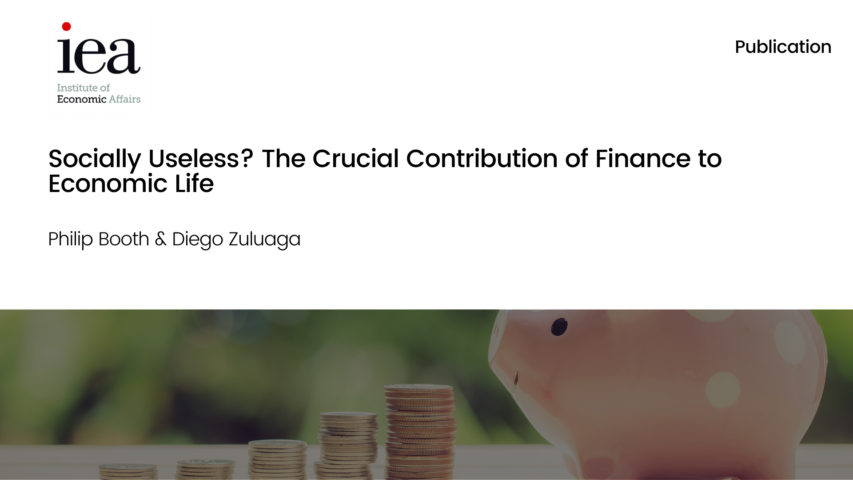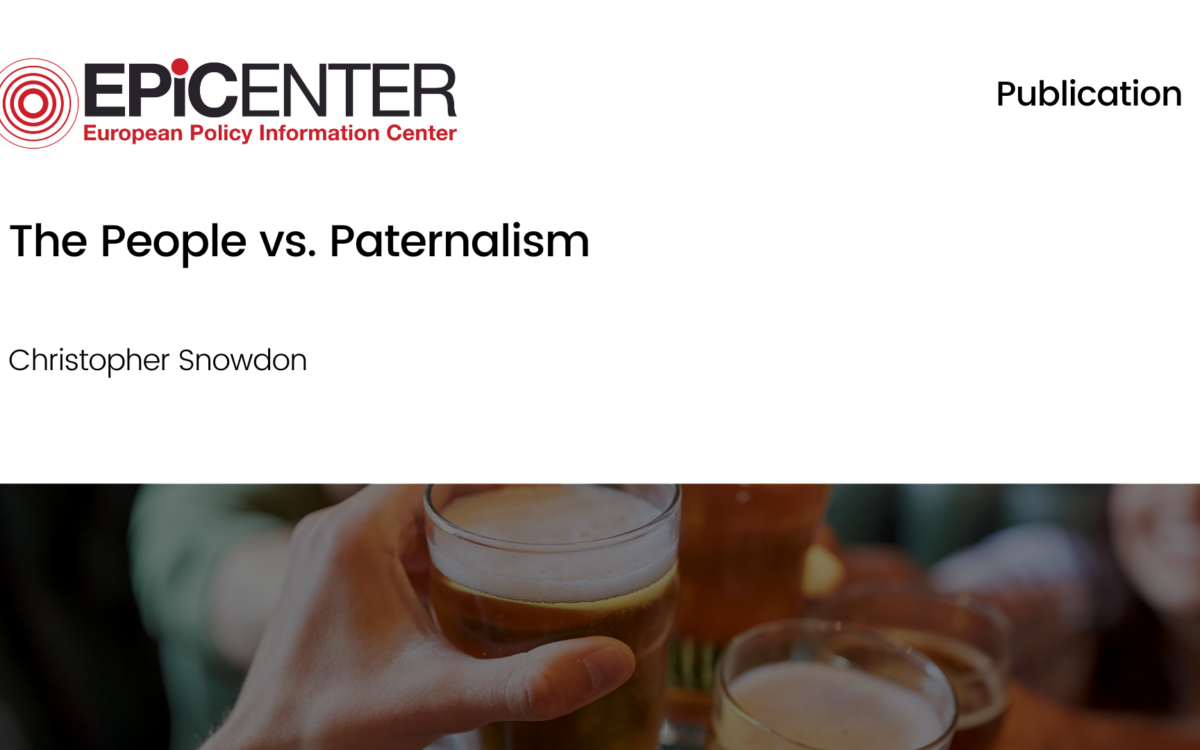Socially Useless? The Crucial Contribution of Finance to Economic Life

Socially Useless? The Crucial Contribution of Finance to Economic Life
28 February 2018
Financial firms serve many useful functions which individuals and households could scarcely undertake on their own. These functions include maturity transformation, matching lenders and borrowers at low cost, facilitating the transfer of risk and consumption across time and between people, monitoring, and diversification of investments.
It is often argued that private-sector finance is short-term oriented. Whilst there is some evidence that shareholders may be heavily discounting distant profits, the reasons for this could be policy uncertainty and not irrationality as is commonly suggested. Moreover, the valuations of tech firms – whose positive cash flows lie far in the future – and low yields on corporate bonds suggest that investors are patient by historical standards.
Much financial regulation is based on the notion that, in a free market, providers ‘dupe’ consumers. But regulatory intervention is often grossly miscalculated. The Financial Conduct Authority’s recent interest cap on payday loans shrank the market by between three and five times more than the regulator expected. Markets are not perfect, but regulation is often a very poor substitute.
The much-cited literature linking financial growth and adverse economic outcomes is simply too crude to warrant drawing clear policy conclusions. Studies linking financialisation with inequality are similarly ambiguous: the top ten countries for their share of finance in GDP are a mixture of high-, medium- and low-inequality countries.
Complex financial instruments and speculation, both unpopular in the wake of the 2008 crash, are not harmful on their own. In fact they help to transfer risks to those who can best bear it, whilst giving greater income certainty to vulnerable people. Until and unless the value of finance is properly understood, public policy will fail to harness its benefits and may well endanger public welfare.
Download or share this publication
View the PDF
EPICENTER publications and contributions from our member think tanks are designed to promote the discussion of economic issues and the role of markets in solving economic and social problems. As with all EPICENTER publications, the views expressed here are those of the author and not EPICENTER or its member think tanks (which have no corporate view).



